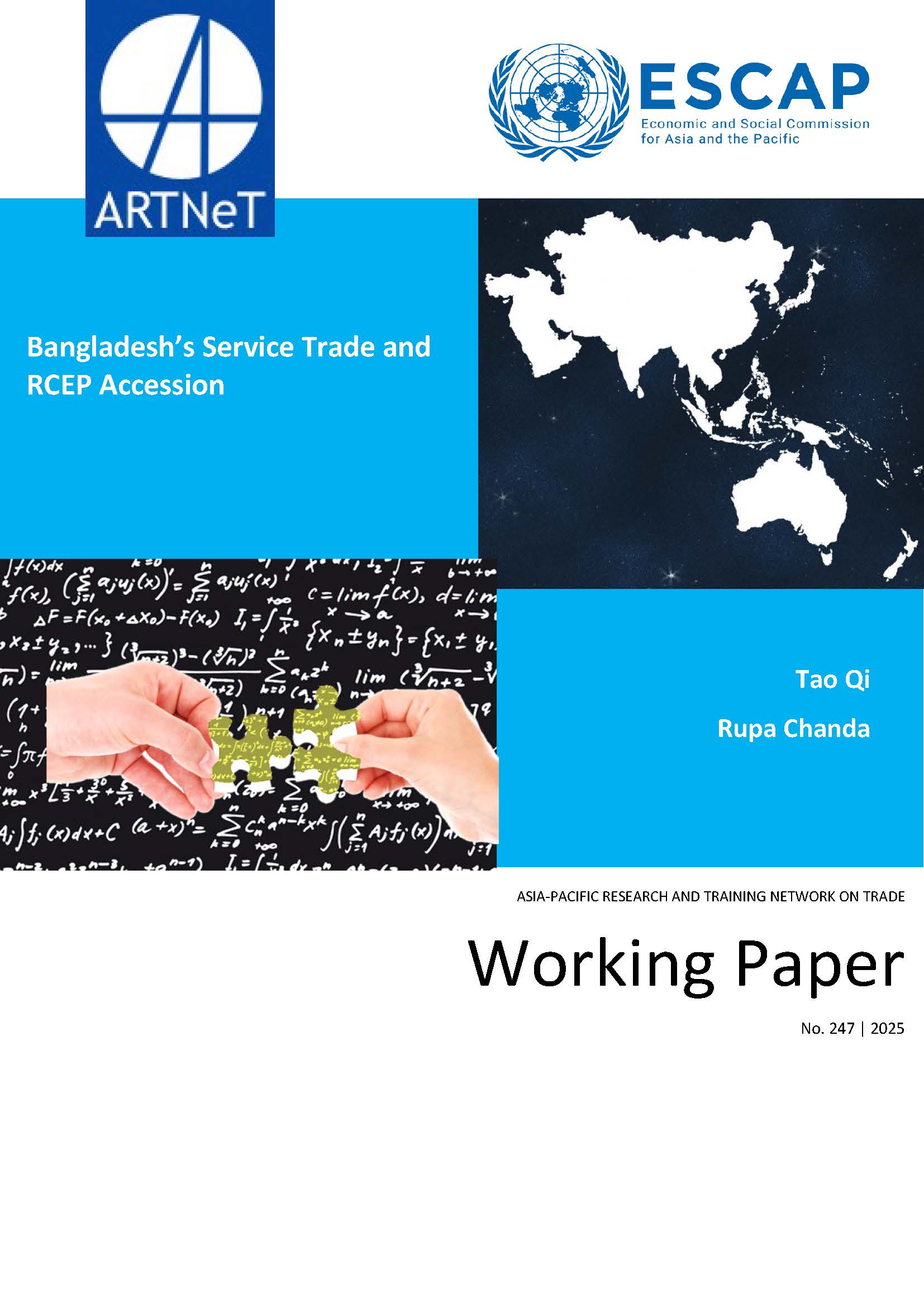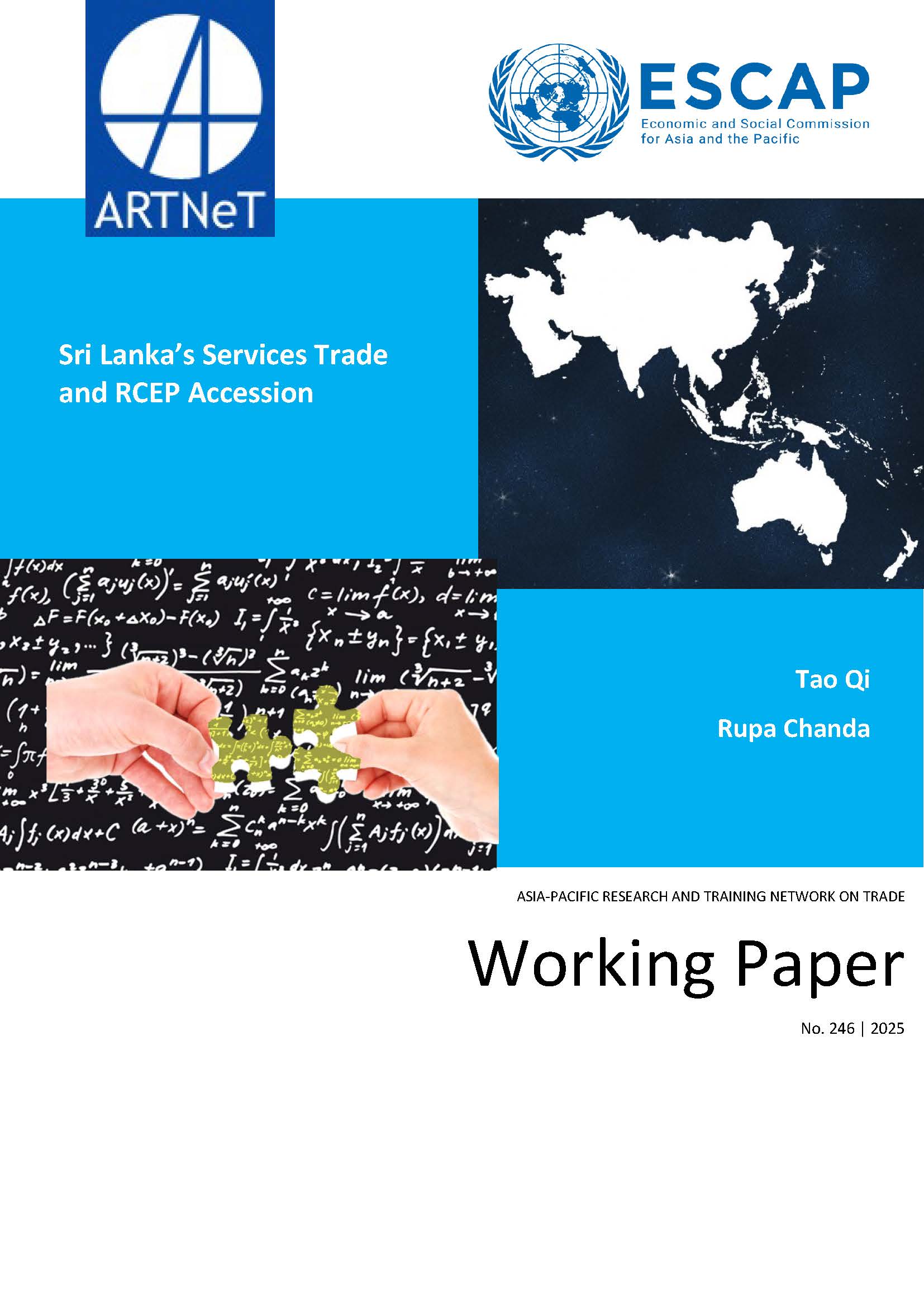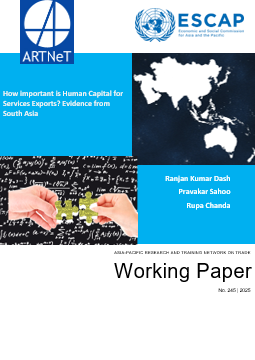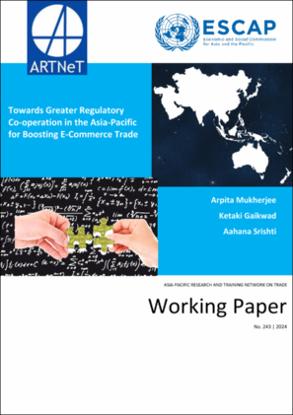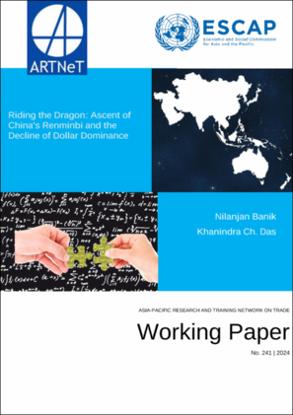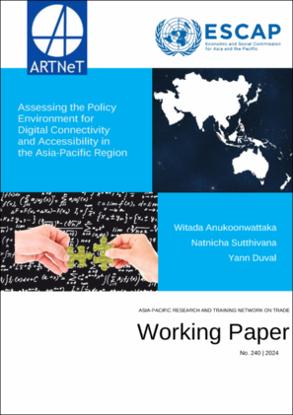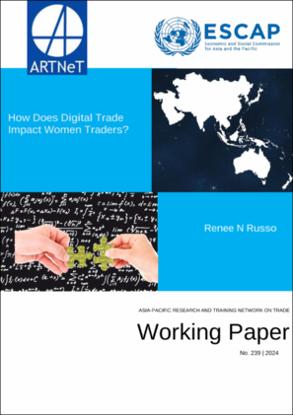Bangladesh’s Services Trade and RCEP Accession
This paper assesses Bangladesh’s readiness to join the Regional Comprehensive Economic Partnership (RCEP) from the perspective of services trade. In Bangladesh, services exports have grown rapidly but remain narrow in scope and overshadowed by rising imports, leading to persistent deficits. RCEP countries account for a substantial share of Bangladesh’s services trade. While Bangladesh demonstrates competitiveness in construction and professional services, it lags in ICT, transport, and travel services.

